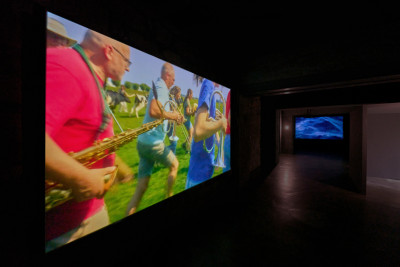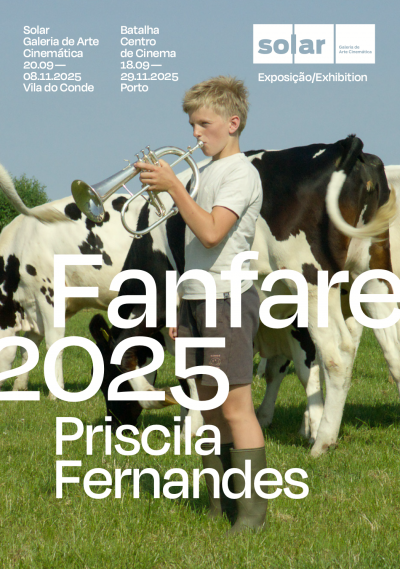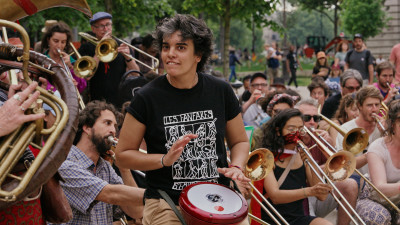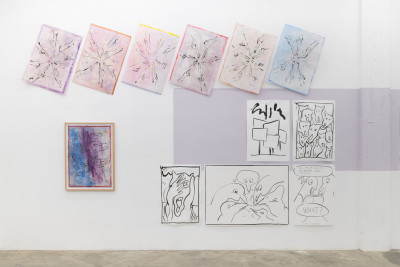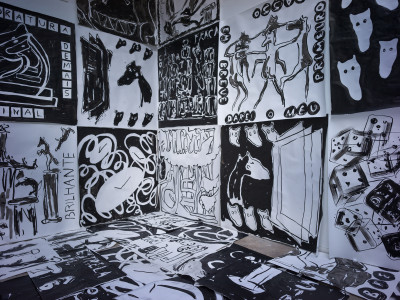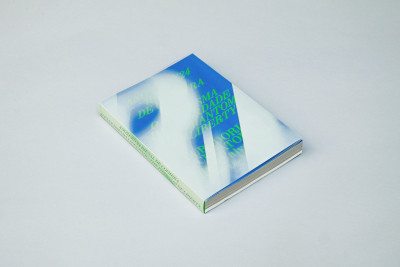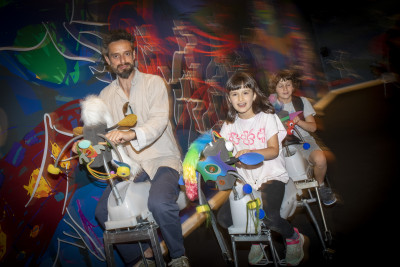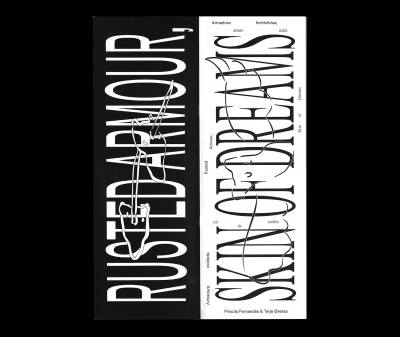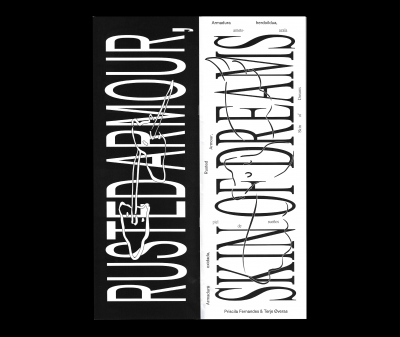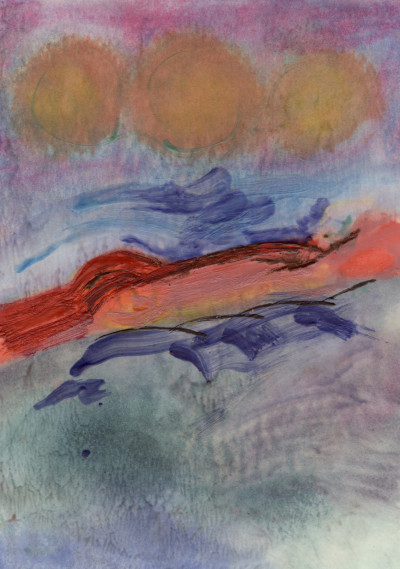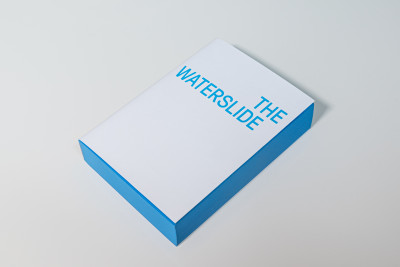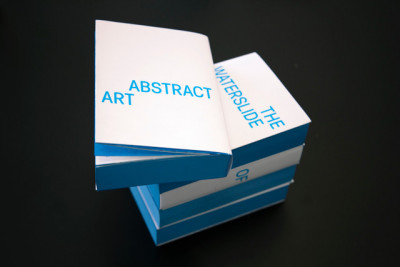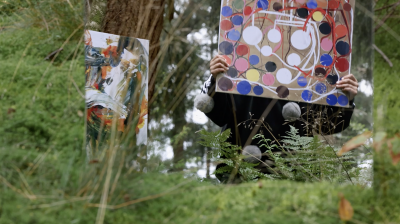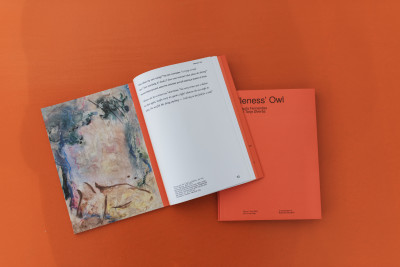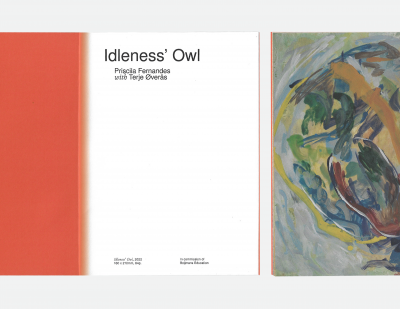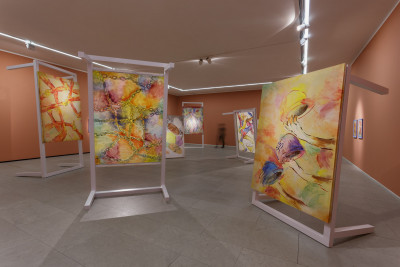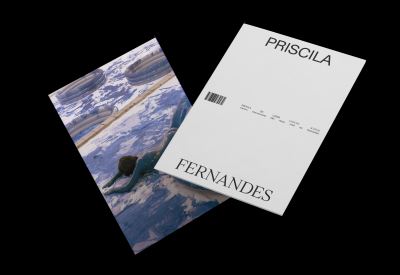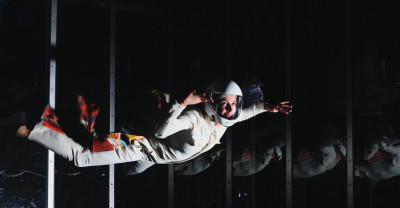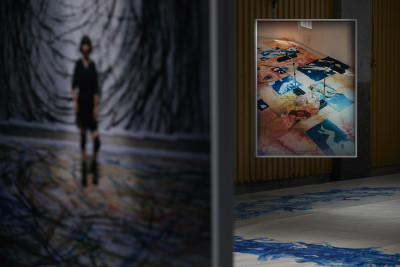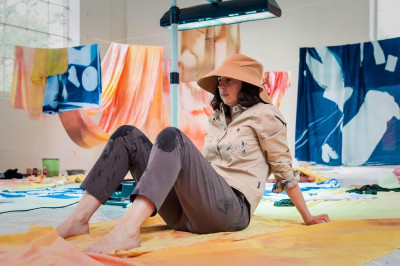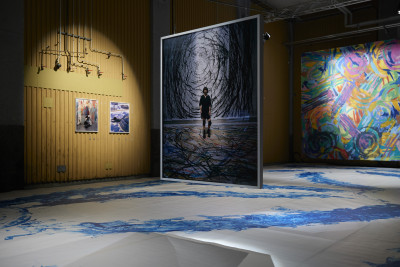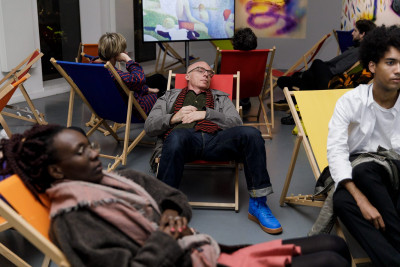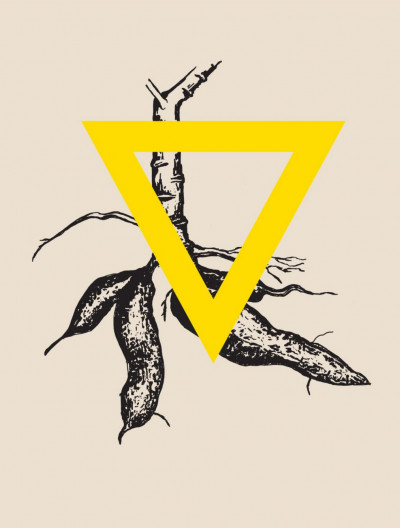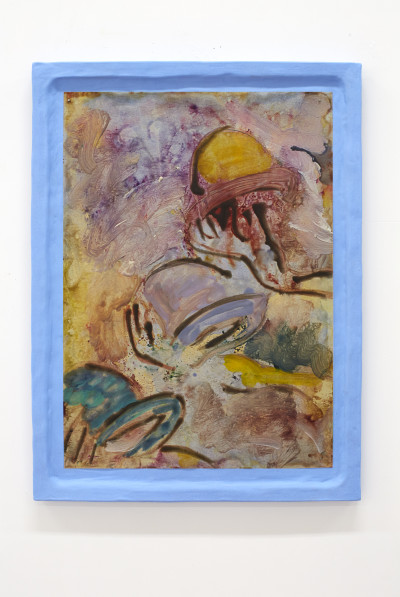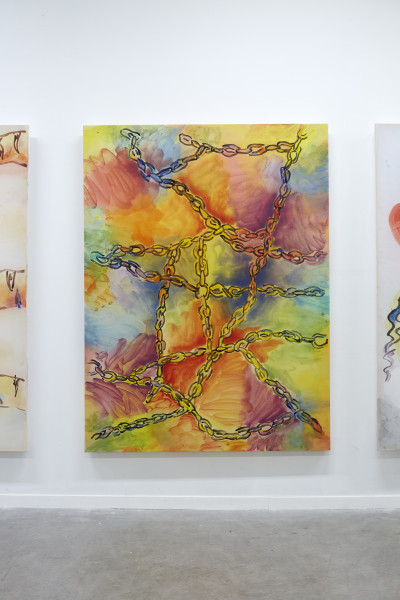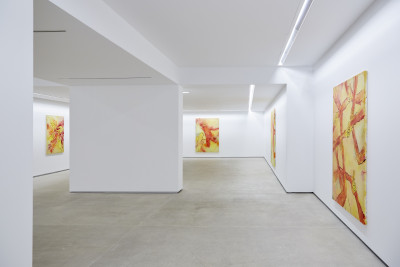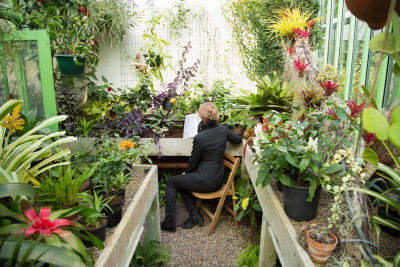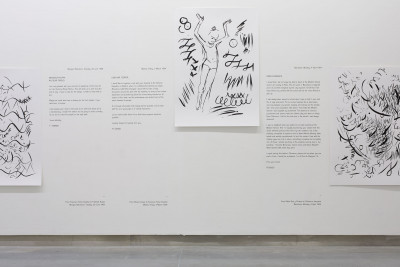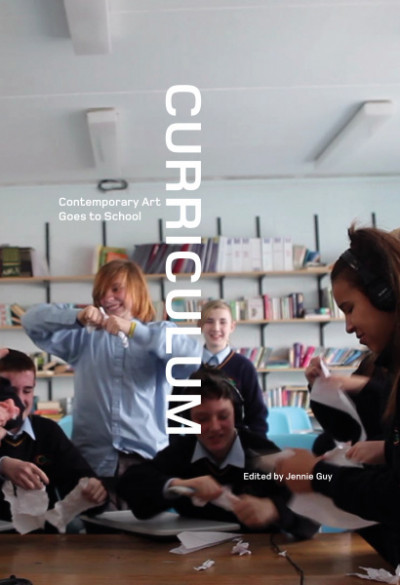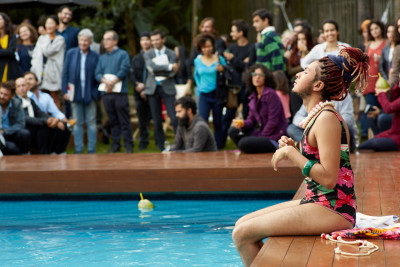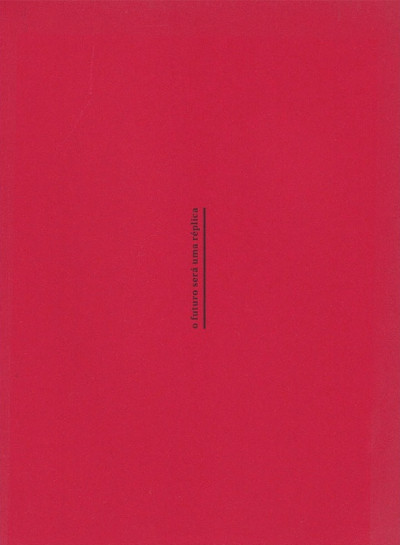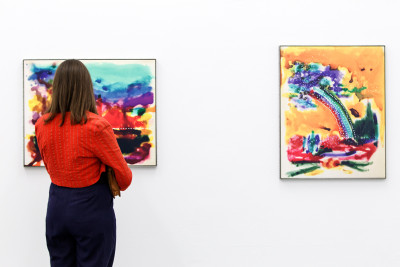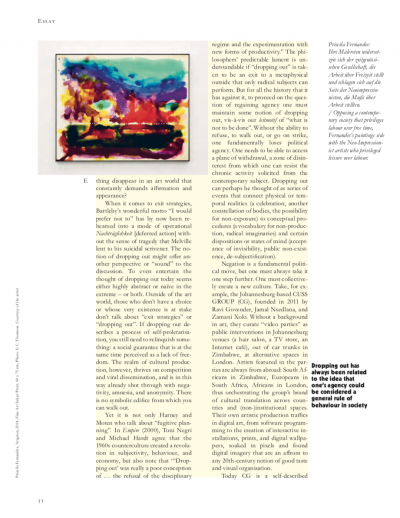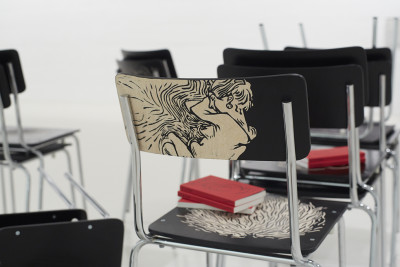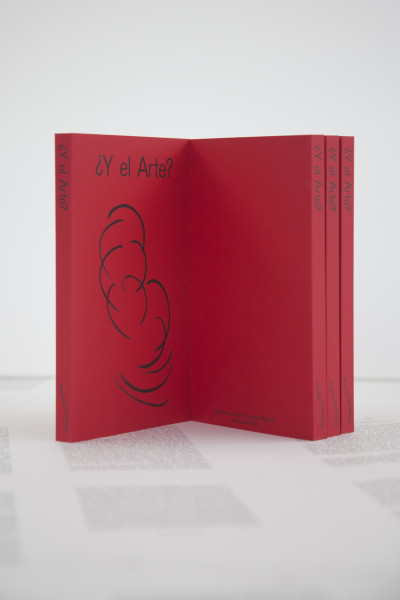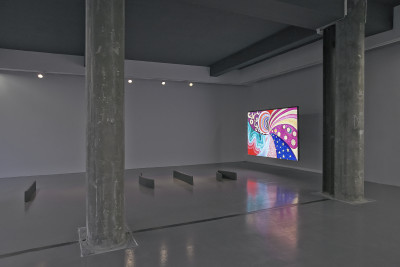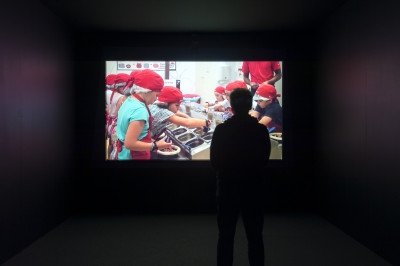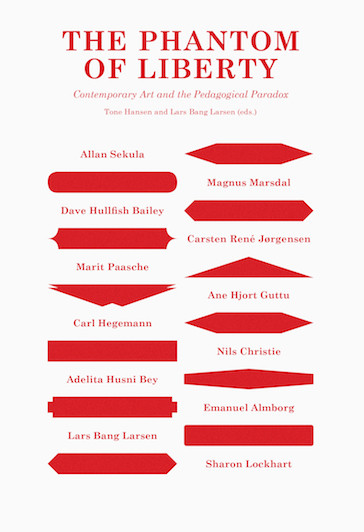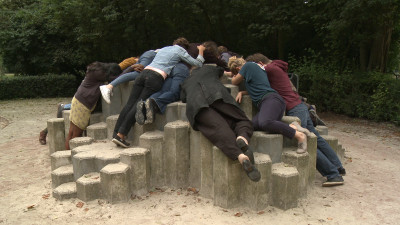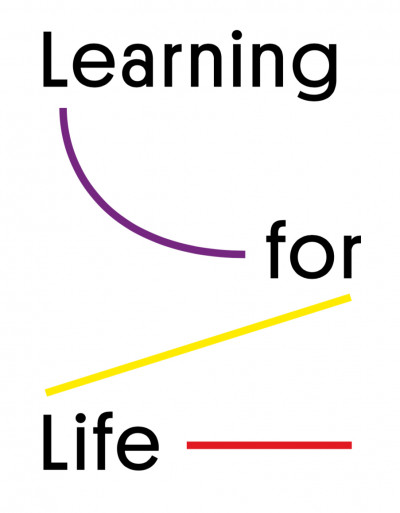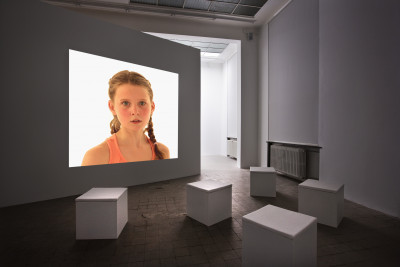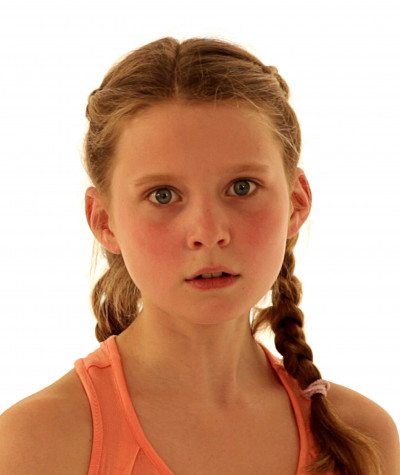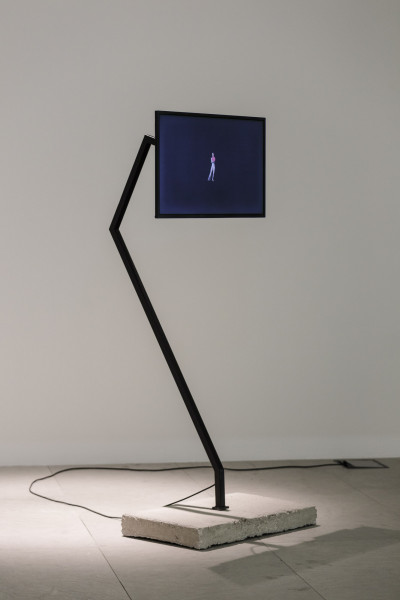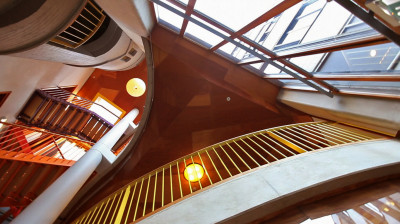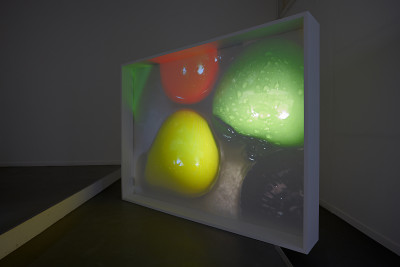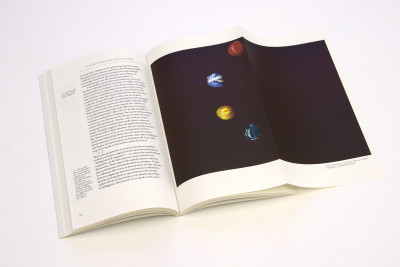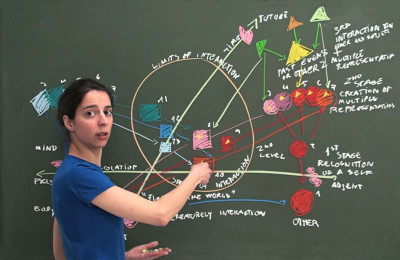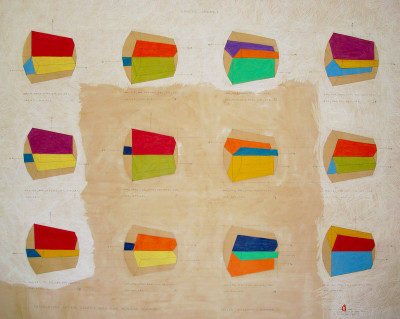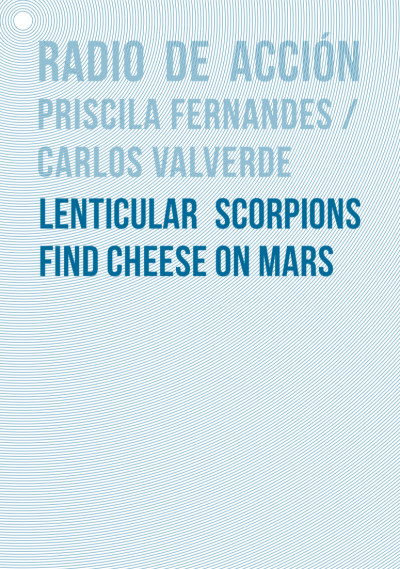Work has ruled our lives for centuries, and continues to do so today. It dominates everyday life from early childhood to adulthood. Our obsession with employability dictates the design of the toys we have and the education we provide. With the emergence of the gig economies, immaterial labour, round-the-clock work and precarity, we find ourselves at a moment of crisis. Our self-worth is weighed against how much we can produce, even though such production or over production threatens to destroy and intoxicate our environment.
It is time to start thinking of an alternative.
I’ve been greatly preoccupied with these questions, as an individual and as an artist. I’ve been looking at positive ways in which to engage with our current zeitgeist, ways in which to shift the focus of a society of labour towards a society of leisure.
However this brings a paradox. Leisure today is part of an ethics of work and serves to fulfill a desire to be productive, encouraging self-discipline and self-improving. But yet, countries in south Europe that greatly depend on tourism and leisure, are constantly pondered as lazy countries as a justification for their low economic growth. And if laziness and idleness are at times flattered as activities necessary for the development of art, poetry, literature and philosophical though, they are also said of promoting indolent, unproductive individuals, inert, lethargic and inactive. So how can we shift the way we think and look at leisure in a positive way?
With the introduction in the early 20th century of the first paid holidays, a new economy of leisure was born. Train companies offered discount tickets with significant reductions for the third class, youth hostels appear, campsites, spas and resorts. This allowed a growth of the consumer industry to fulfill such activities: beach accessories, tents, recreational toys such as roller-skates, artificial ski slopes, the suburban swimming pool, the personal trainer, open air cinemas, holiday packages, playgrounds and city parks.
It is my belief that the introduction of this culture of leisure into the fabric of our working lives created a new perceptional and sensorial experience. To test this out, I’ve started sketching a correlation between the developments of leisure activities in the 20th century with the different movements of Abstract Art. In these chronologies that I’m developing, interesting coincidences start to emerge, such as between the American invention of roller skates in the 60’s and Abstract Expressionism; or even the first inflatable swimming pools with the Anthropometries performances by Yves Klein.
Through these correlations, I’ve been setting up situations in which I can engage in some of the leisure activities in order to make large scale paintings, such as by roller-skating, swimming from pool to pool, relaxing on a hammock, or learning how to ski. These situations are then photographed and integrate the ongoing project entitled Labour Series.
This project is made possible thanks to Prins Bernhard Cultuurfonds and Creative Tourism.
